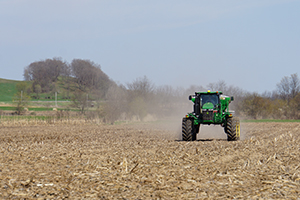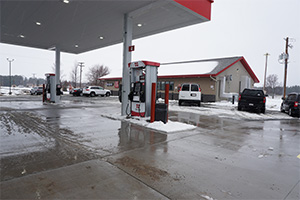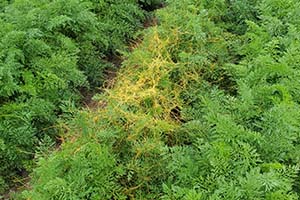Propane & Diesel Delivered to You
Reliable
Allied provides you with a steady source of propane and fuel that you can depend on, regardless of the application.
Capable
Our staff is highly trained in the safe use and handling of fuel and propane. Safety is our number one priority.
Flexible
We provide flexible payment and delivery options that meet your individual needs.






